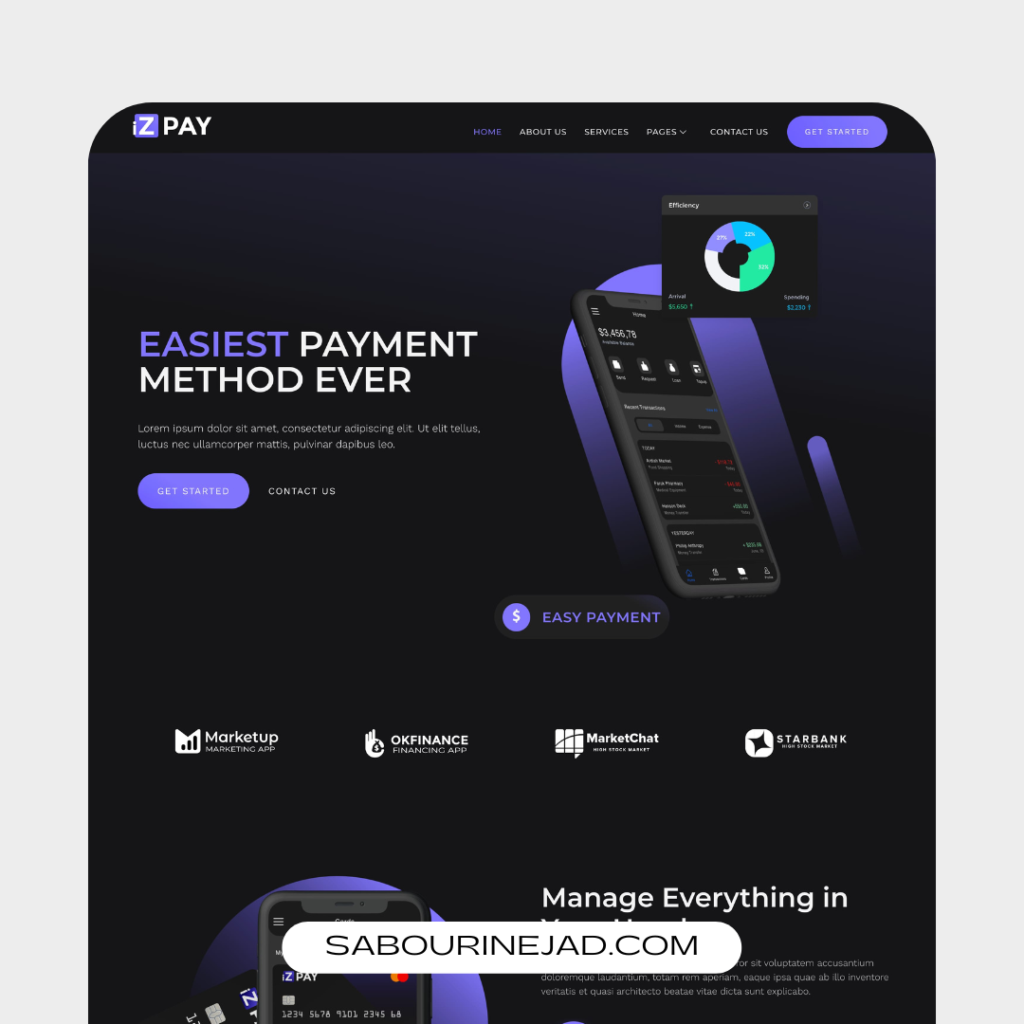Estimated reading time: 5 minutes
In today’s digital age, having an online presence is crucial for any business or organization. However, just having a website or social media account is not enough. In order to stand out in the crowded online space, you need to optimize your online content for search engines. This is where Search Engine Optimization (SEO) comes in. In this article, we’ll explore what SEO is, why it’s important, and how you can implement it to improve your online presence.
What is SEO?
SEO is the process of optimizing your website and online content to rank higher in search engine results pages (SERPs). The goal is to increase the quantity and quality of organic traffic to your website. Organic traffic refers to visitors who arrive at your website through unpaid search results, as opposed to paid advertising.

How Search Engines Work
Search engines use complex algorithms to determine which websites and pages should appear at the top of search results for a particular query. The exact algorithms used by search engines like Google are closely guarded secrets, but we do know that they take into account a wide range of factors, including keywords, content quality, backlinks, and user behavior.
Importance of SEO
SEO is important for several reasons. First and foremost, it helps you attract more visitors to your website. By optimizing your content for search engines, you can increase your visibility and reach a wider audience.
Secondly, SEO can help you build credibility and authority in your industry. When your website appears at the top of search results for relevant queries, potential customers are more likely to trust and engage with your brand.
Finally, SEO is a cost-effective way to drive traffic to your website. Unlike paid advertising, which requires a continuous investment, SEO can continue to generate traffic to your website long after you’ve invested time and effort into optimizing your content.
Benefits of SEO
The benefits of SEO are numerous. Here are just a few:
- Increased website traffic and visibility
- Improved credibility and authority
- Cost-effective marketing
- Better user experience
- Increased engagement and conversions
- Long-term benefits
Types of SEO
There are three main types of SEO: on-page SEO, off-page SEO, and technical SEO.
On-Page SEO
On-page SEO refers to optimizing the content and structure of your website pages. This includes factors like keyword research, meta tags, header tags, internal linking, and content quality.
Off-Page SEO
Off-page SEO refers to optimizing factors that are outside of your website, such as backlinks and social media signals. Backlinks are links from other websites that point to your website. The more high-quality backlinks you have, the more authoritative your website appears in the eyes of search engines.
Technical SEO
Technical SEO refers to optimizing the technical aspects of your website, such as site speed, mobile-friendliness, and structured data. Technical SEO can be complex and requires a level of technical expertise.
Keyword Research
Keyword research is the process of identifying the keywords and phrases that your target audience is searching for. By optimizing your content around these keywords, you can increase your chances of ranking higher in search results for relevant queries.
Content Creation
Creating high-quality, engaging content is one of the most important aspects of SEO. Your content should be informative, well-written, and optimized around relevant keywords. It’s also important to update your content regularly to keep it fresh and relevant.
Link Building
Link building is the process of acquiring backlinks from other websites. This can be done through guest blogging, broken link building, and other tactics. The more high-quality backlinks you have, the more authoritative your website appears in the eyes of search engines.
Local SEO
Local SEO refers to optimizing your online presence for local search queries. This includes optimizing your Google My Business listing, building local citations, and creating content that’s relevant to your local audience.
Mobile Optimization
Mobile optimization refers to optimizing your website for mobile devices. With more and more users accessing the internet on their mobile devices, it’s important to ensure that your website is mobile-friendly and optimized for a seamless user experience.
Analytics and Tracking
Analytics and tracking are essential for measuring the success of your SEO efforts. By tracking metrics like website traffic, bounce rate, and conversion rate, you can identify areas for improvement and adjust your strategy accordingly.
Common SEO Mistakes to Avoid
There are several common SEO mistakes that can hurt your online presence. These include:
- Keyword stuffing
- Duplicate content
- Ignoring mobile optimization
- Neglecting local SEO
- Neglecting analytics and tracking
- Using black hat SEO tactics
Conclusion
SEO is a powerful tool for improving your online presence and driving traffic to your website. By optimizing your content for search engines, you can increase your visibility, credibility, and authority in your industry. Whether you’re a small business owner or a large enterprise, investing in SEO can have a significant impact on your bottom line.
FAQs
Organic search results are unpaid search results that appear at the top of search engine results pages. Paid search results, on the other hand, are ads that appear at the top of search results pages and are paid for by advertisers.
SEO is a long-term strategy, and it can take several months to see tangible results. However, the benefits of SEO can continue to pay off for years to come.
Keyword research is the process of identifying the keywords and phrases that your target audience is searching for. By optimizing your content around these keywords, you can increase your chances of ranking higher in search results for relevant queries.
Backlinks are links from other websites that point to your website. The more high-quality backlinks you have, the more authoritative your website appears in the eyes of search engines.
Black hat SEO refers to unethical tactics used to manipulate search engine rankings. Examples include keyword stuffing, cloaking, and buying backlinks. These tactics can result in penalties from search engines and should be avoided.












